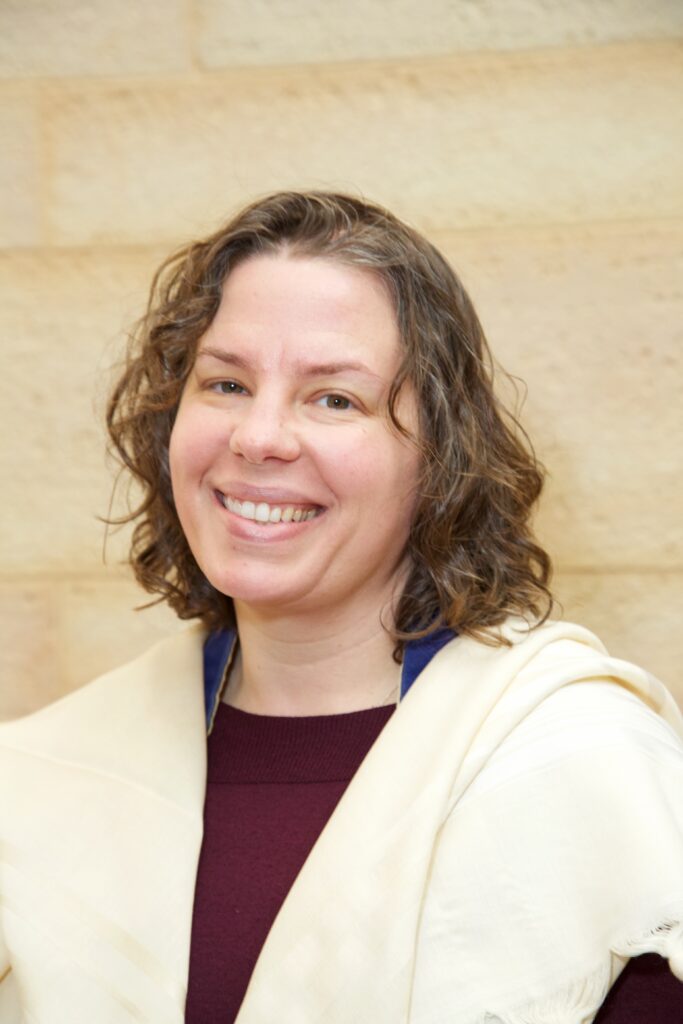
Rabbi’s Column May June 2025
What IS the Bible Anyway?
For us Jews, Judaism is a way of life. It’s a culture, it’s a people connected to the land of Israel, and it’s a religion that stems from the Tanach, the Hebrew Bible. I’ve gotten the sense over the years that many of us wonder—sometimes out loud, but mostly to ourselves—what the Bible IS, what the Torah IS. Where did these sacred documents come from? How old are they really? Did the events recorded happen as they are written… or at all? And how do my beliefs and my Jewish practice tie in to my understanding of the Torah?
These are fabulous questions, and I LOVE that Jews ask them. Very often, they pop up around Pesach time, when we focus so much on the ten plagues and the splitting of the Sea of Reeds in the Exodus narrative. They come up again on Shavuot, as we reimagine ourselves receiving the Ten Commandments at Mount Sinai. It’s natural to ask about these iconic biblical events, since they are miraculous in nature and since we base some pretty major observances on them. [Here’s a great interruption for a PSA: Save the Date of Sunday evening, June 1, for our annual Tikkun Leil Shavuot—an evening of study to kick off the Shavuot holiday.]
Questions of the Bible’s historical accuracy—or, to use the fancy term, historicity—are part and parcel of modern biblical scholarship. As a student at the Jewish Theological Seminary in New York, I encountered these questions and the related decades of scholarship both as an undergraduate student and in Rabbinical School. Although I was shocked the first time I heard anyone ask about the historicity of the Torah, I was shepherded toward a different relationship between sacred text and religious observance. As modern Jews—especially as Conservative Jews—we can value the scholarship of the Bible and committed Jewish practice.
To that end, we are welcoming leading Bible scholar Professor Benjamin Sommer as our 2025 Bill Grossman Memorial Scholar in Residence. Professor Sommer teaches at the Jewish Theological Seminary and is an expert in the Bible and Ancient Semitic Languages. Please be sure to reserve the Shabbat of May 9-10 to learn with Professor Sommer, both on Friday evening during the Shabbat dinner and on Shabbat morning during services and over kiddush lunch. I know you’ll learn a ton. And I hope you bring all of your own biblical questions with you! I know I will.
Rabbi Ita Paskind

